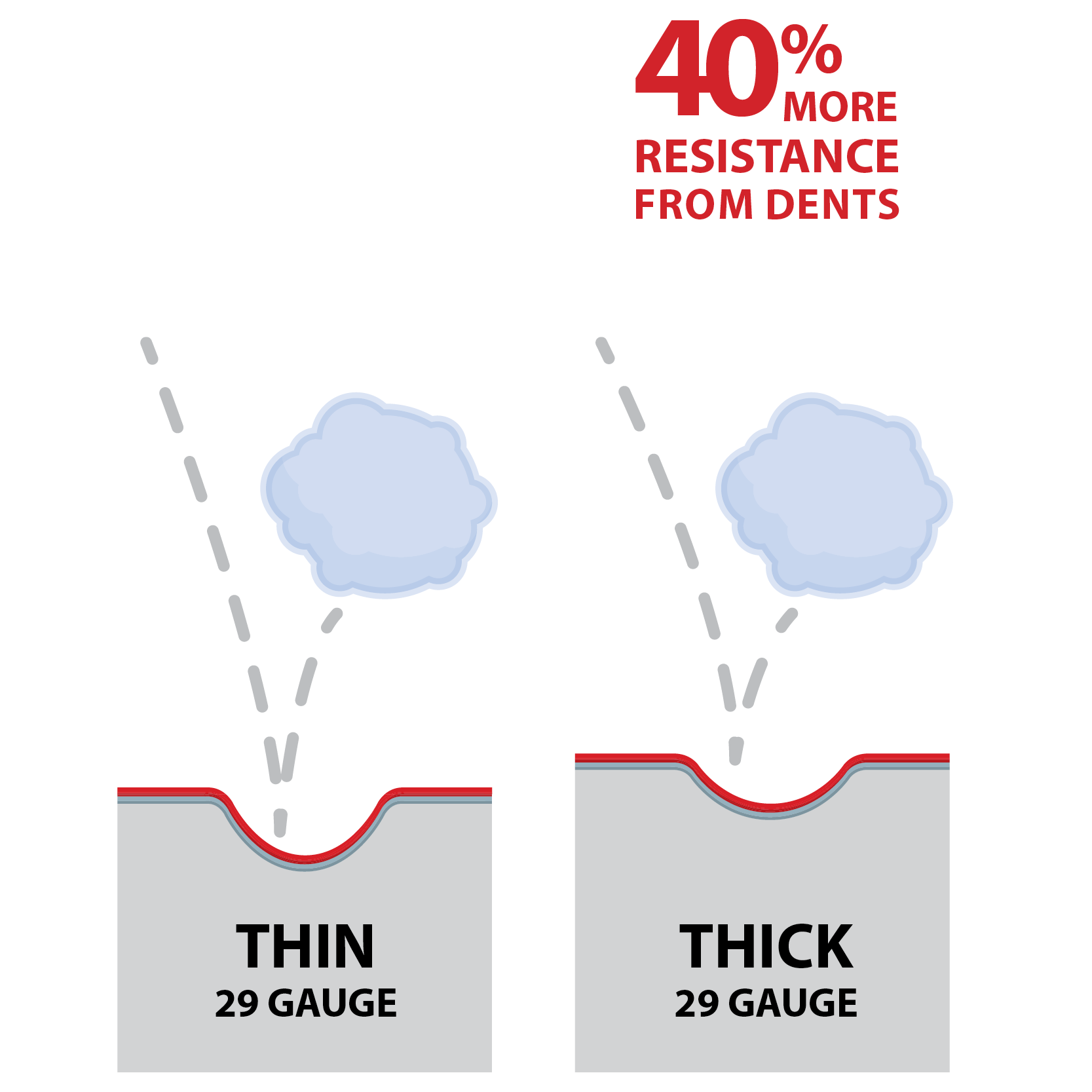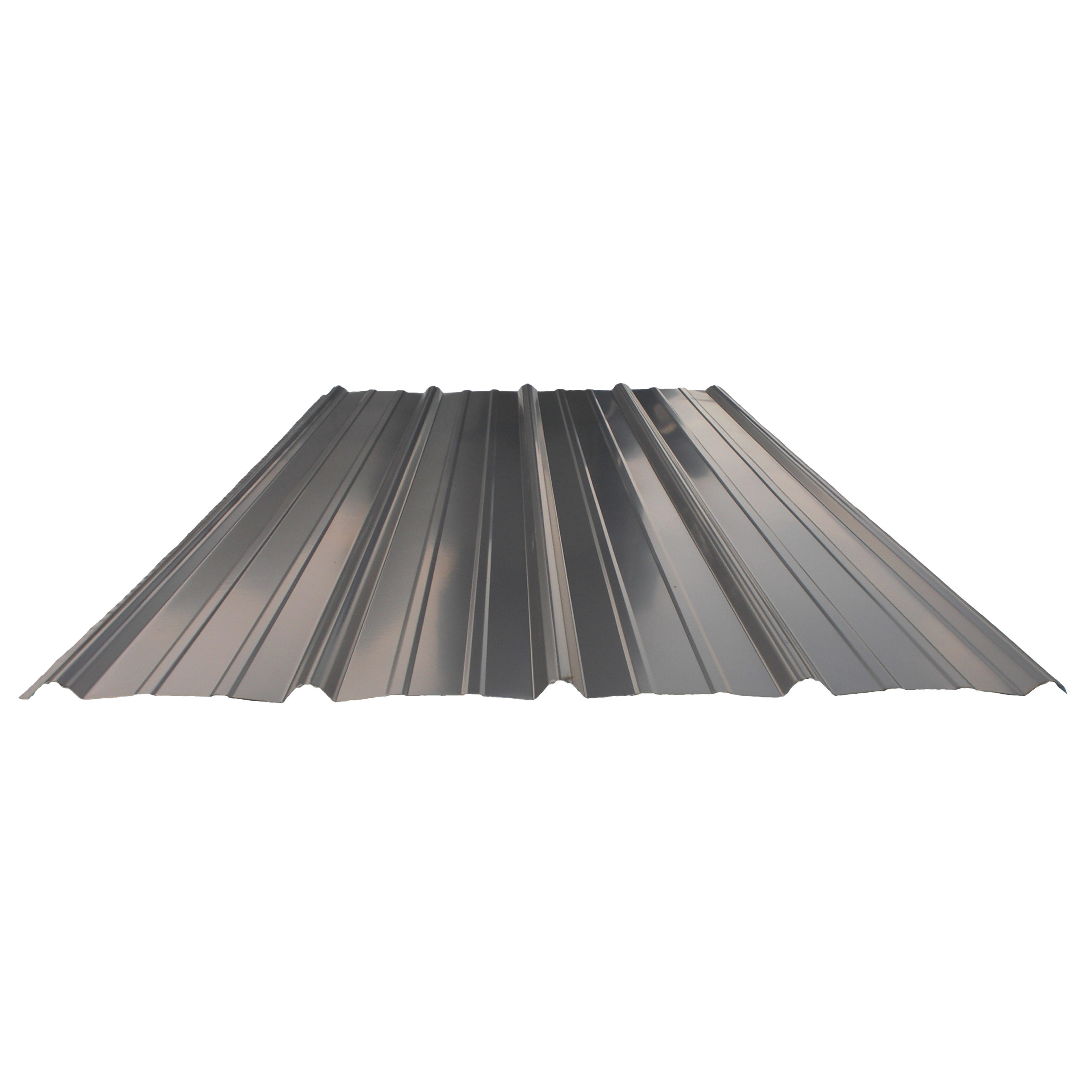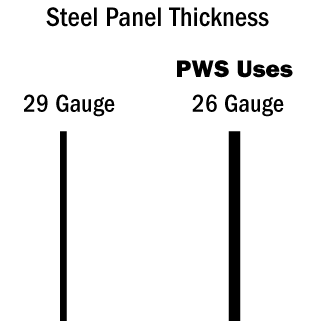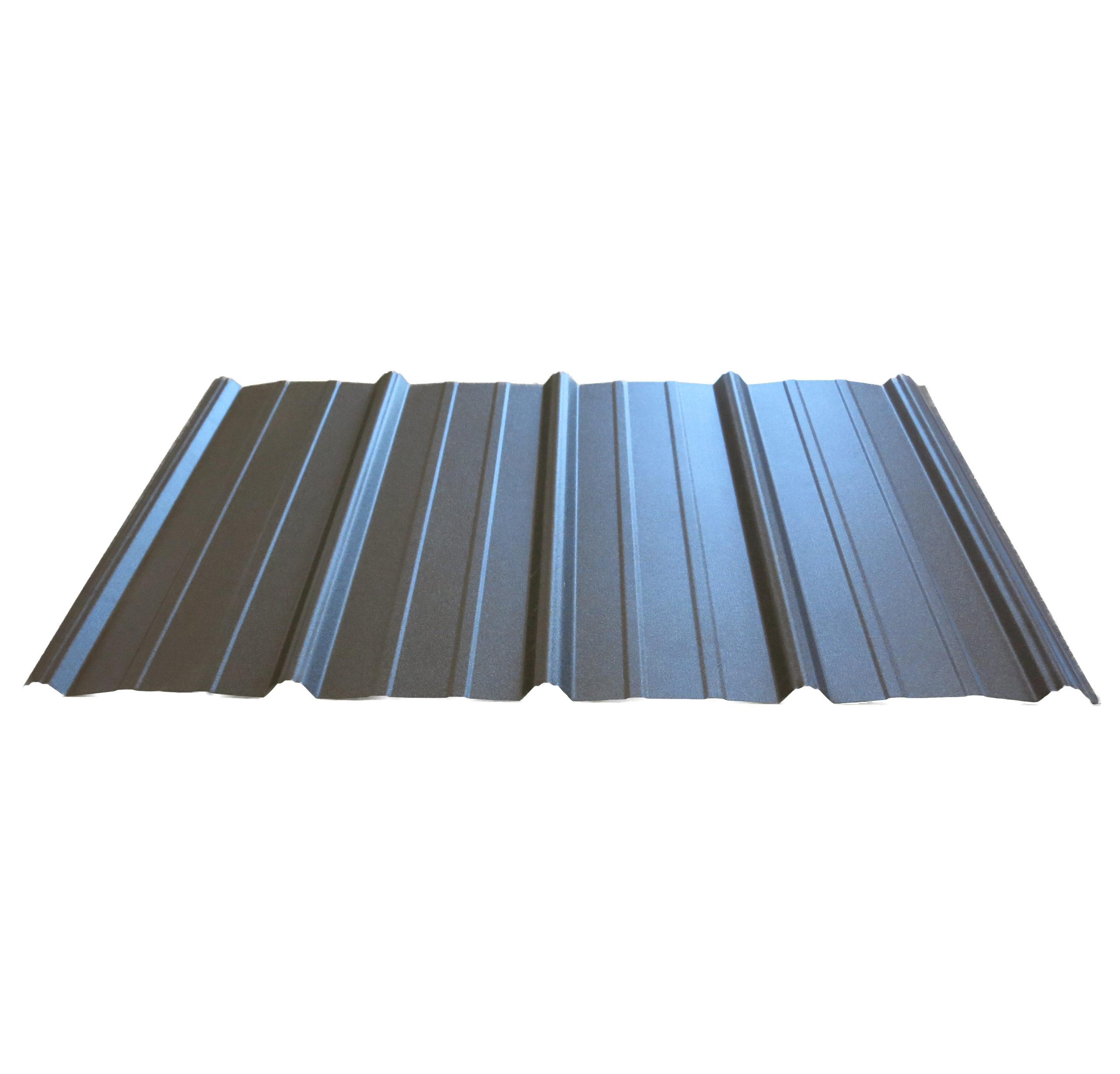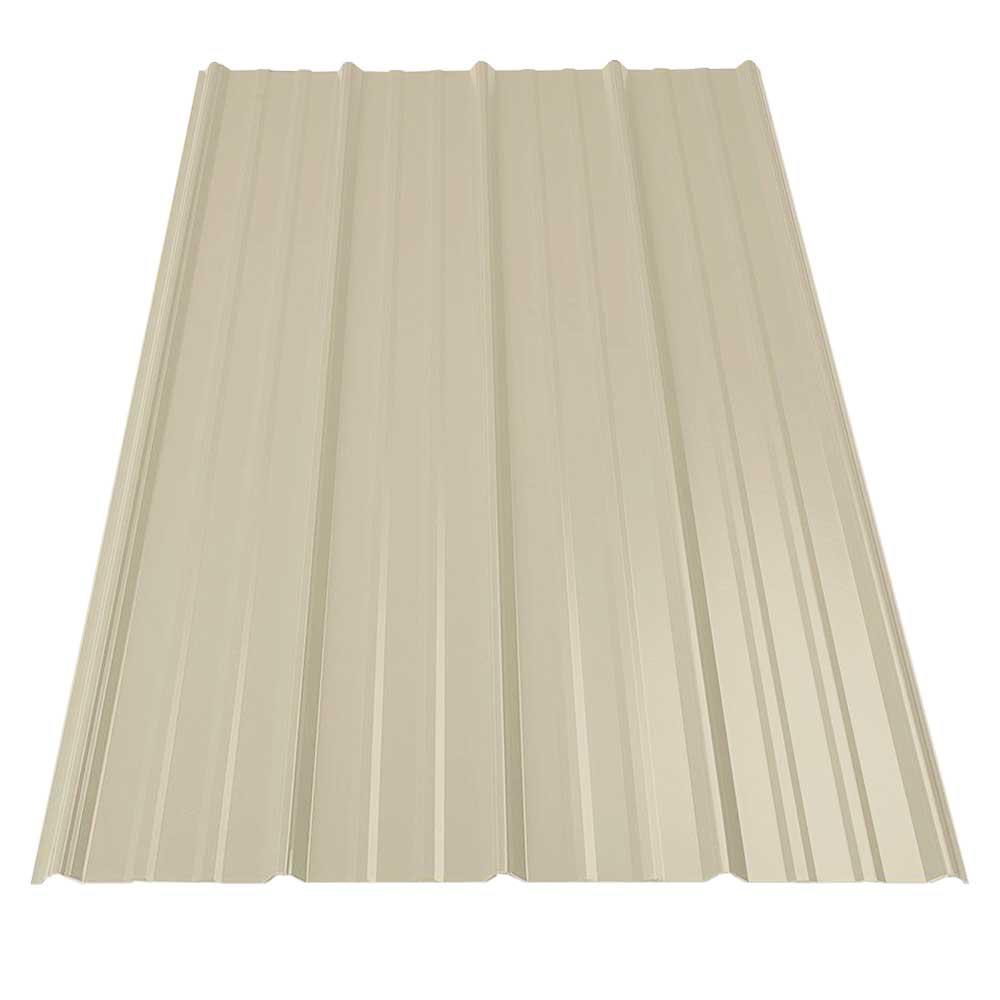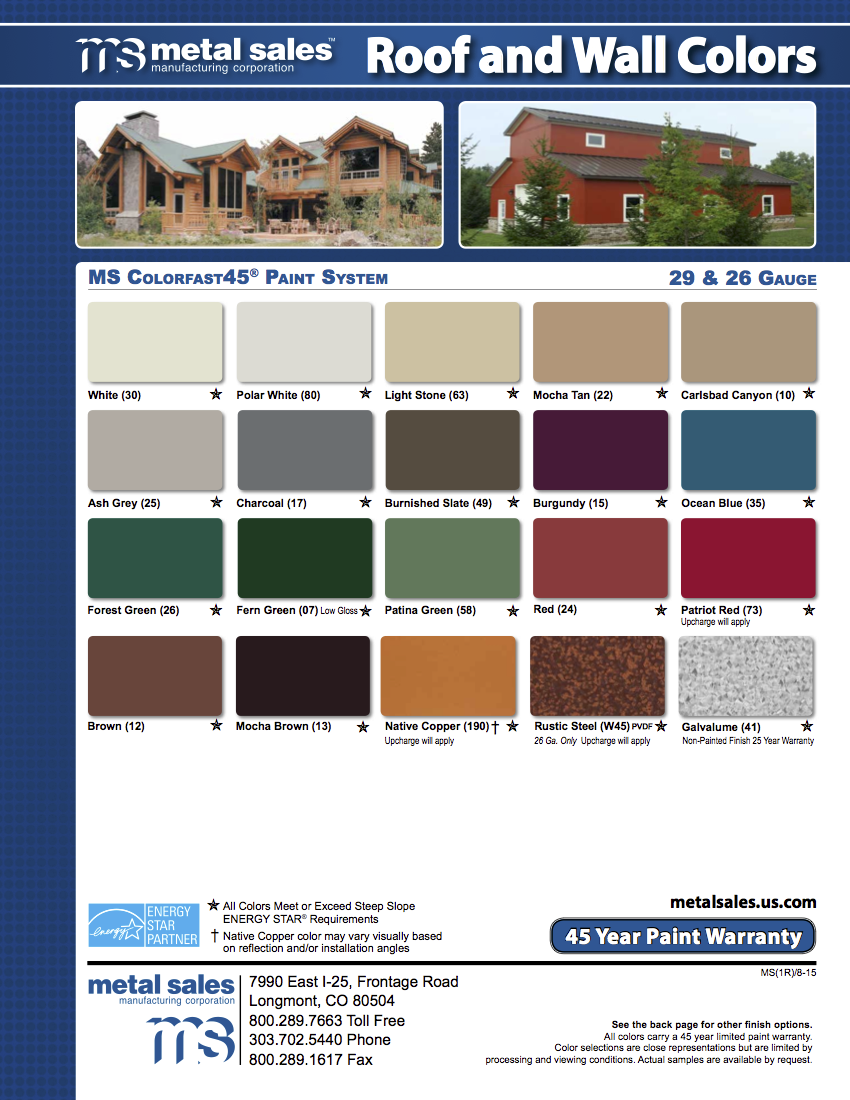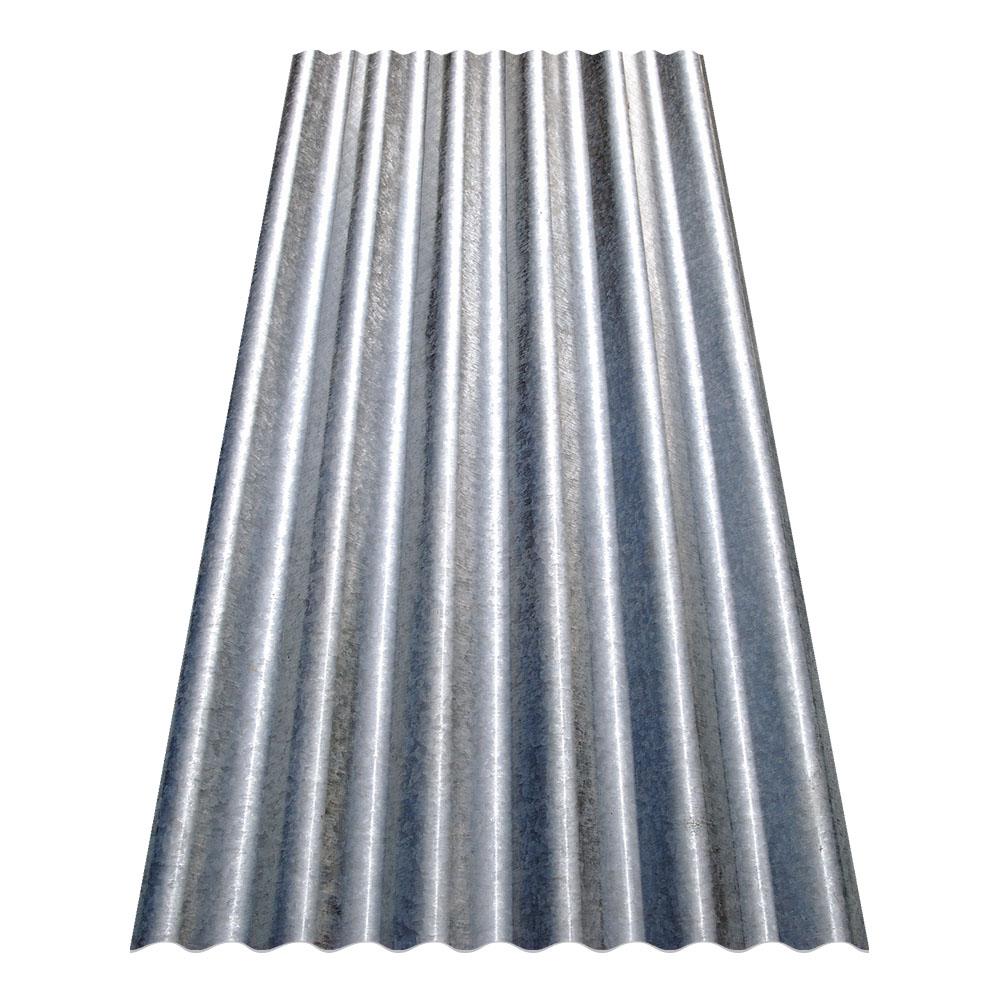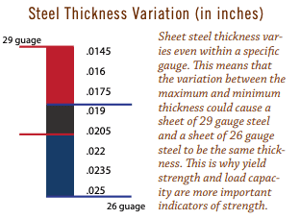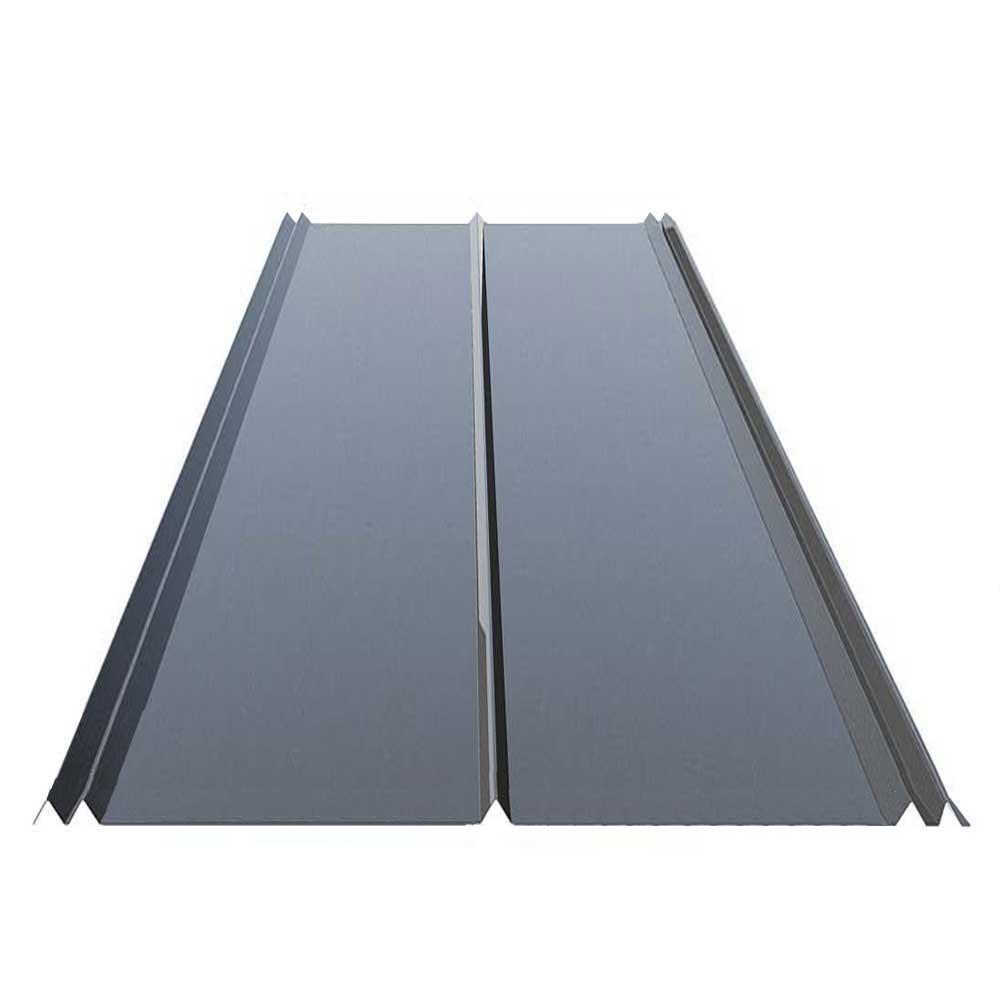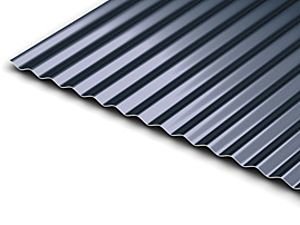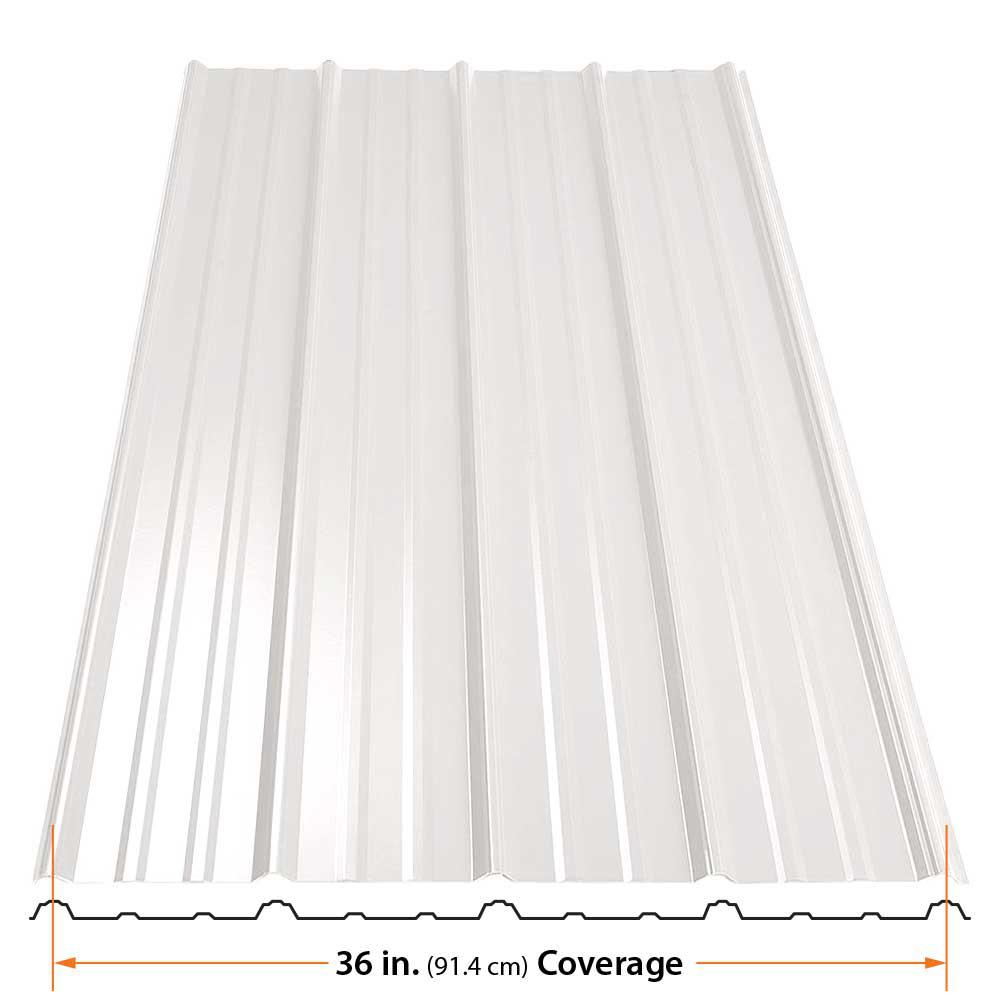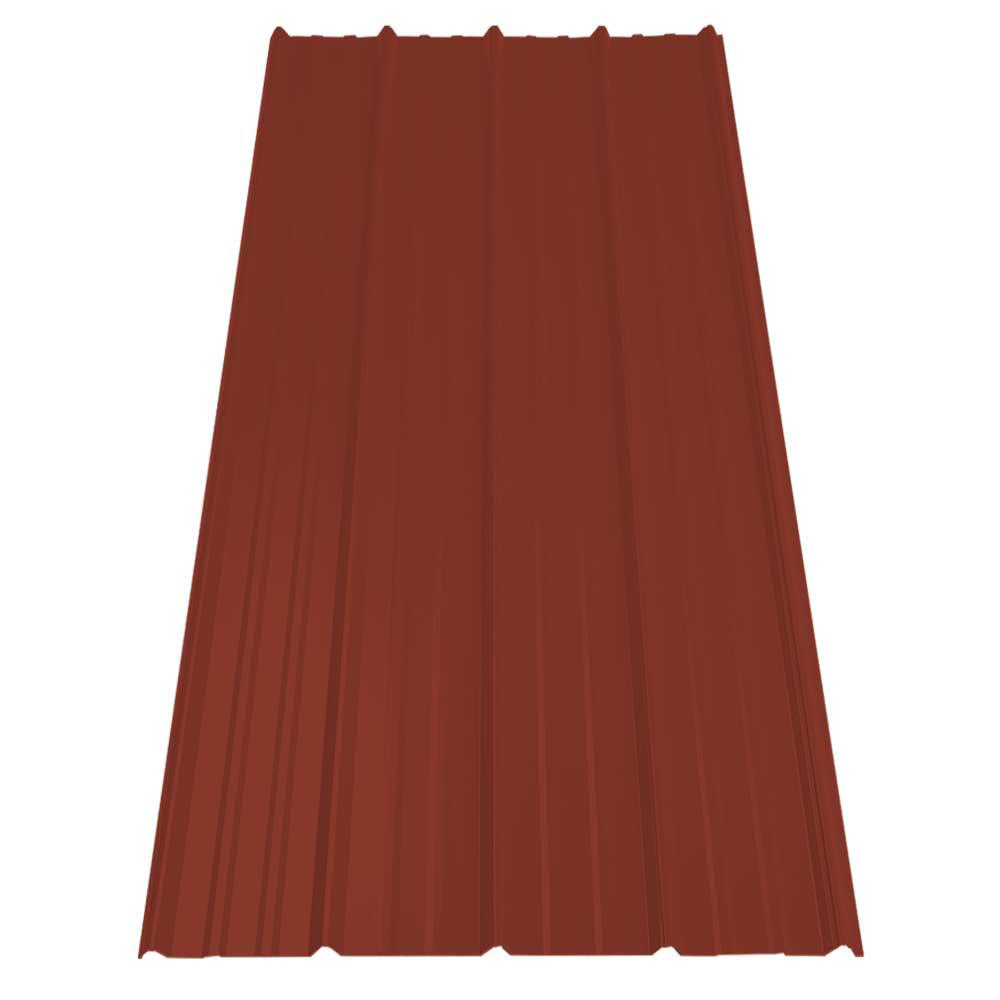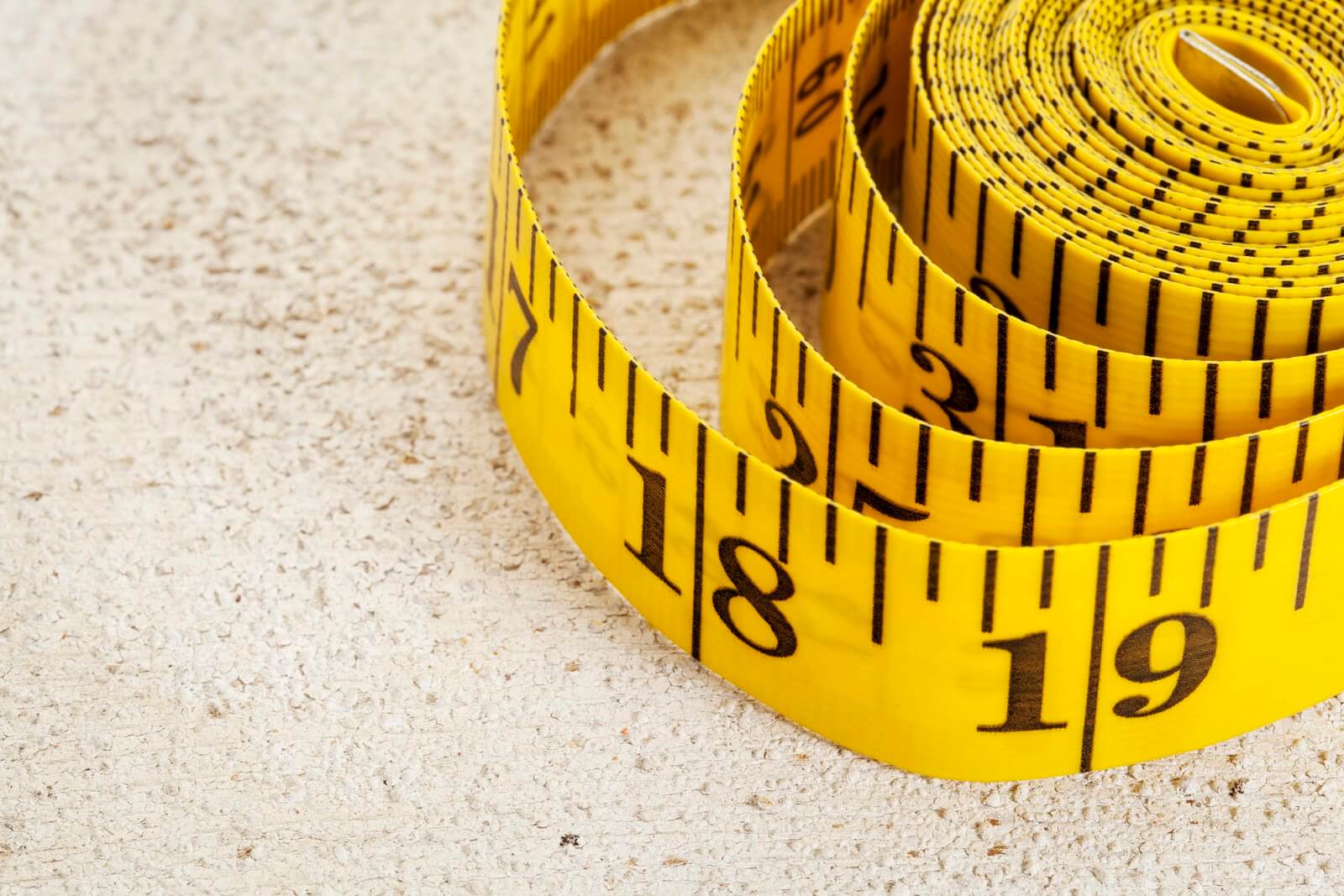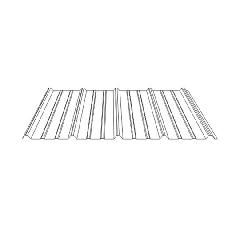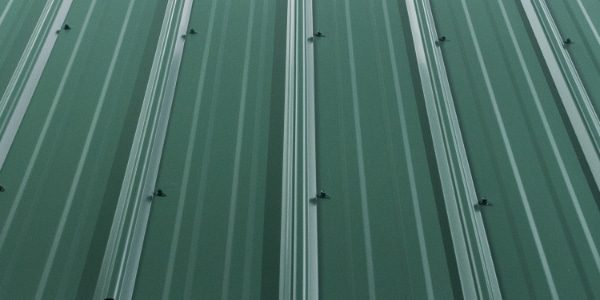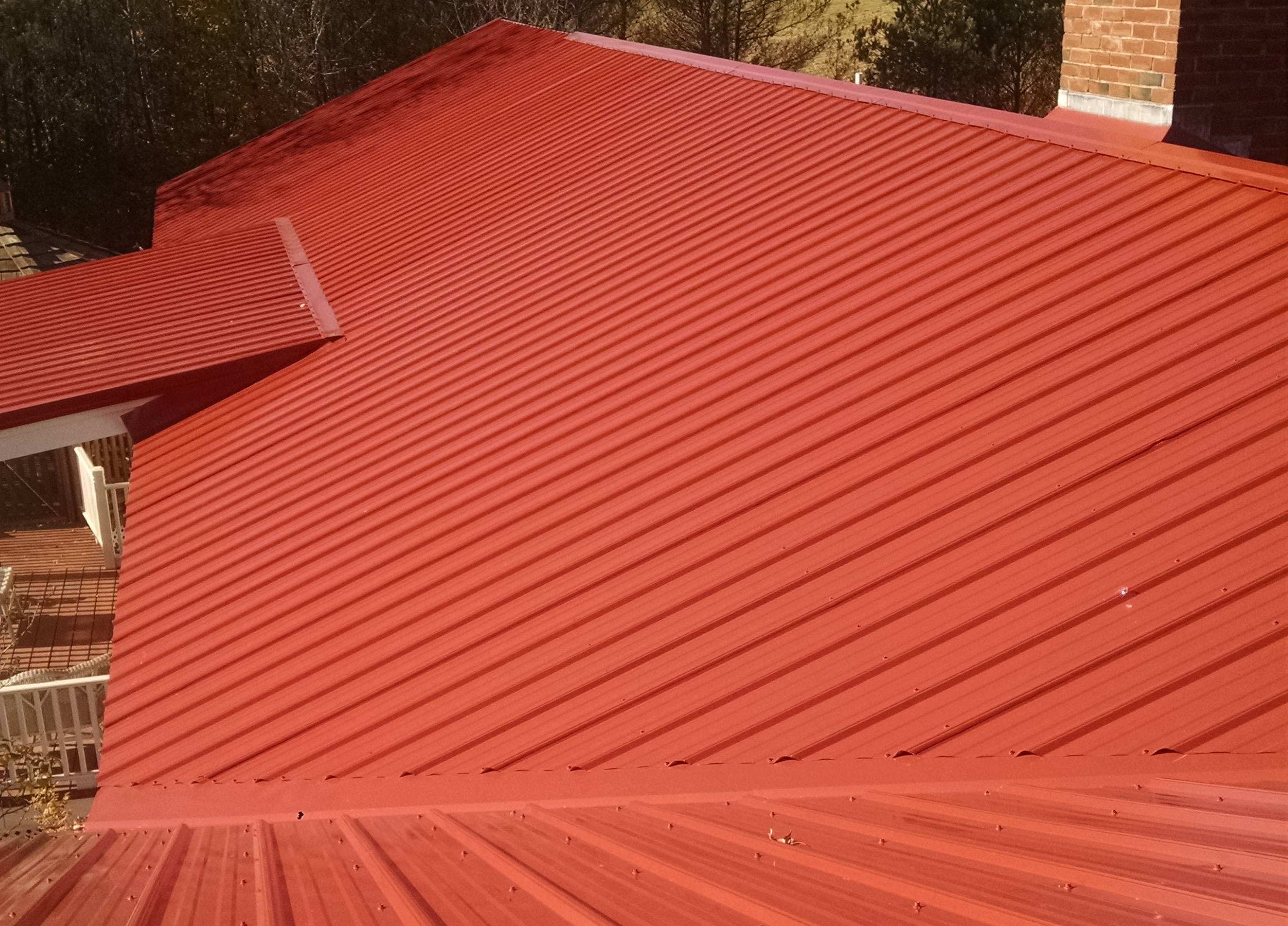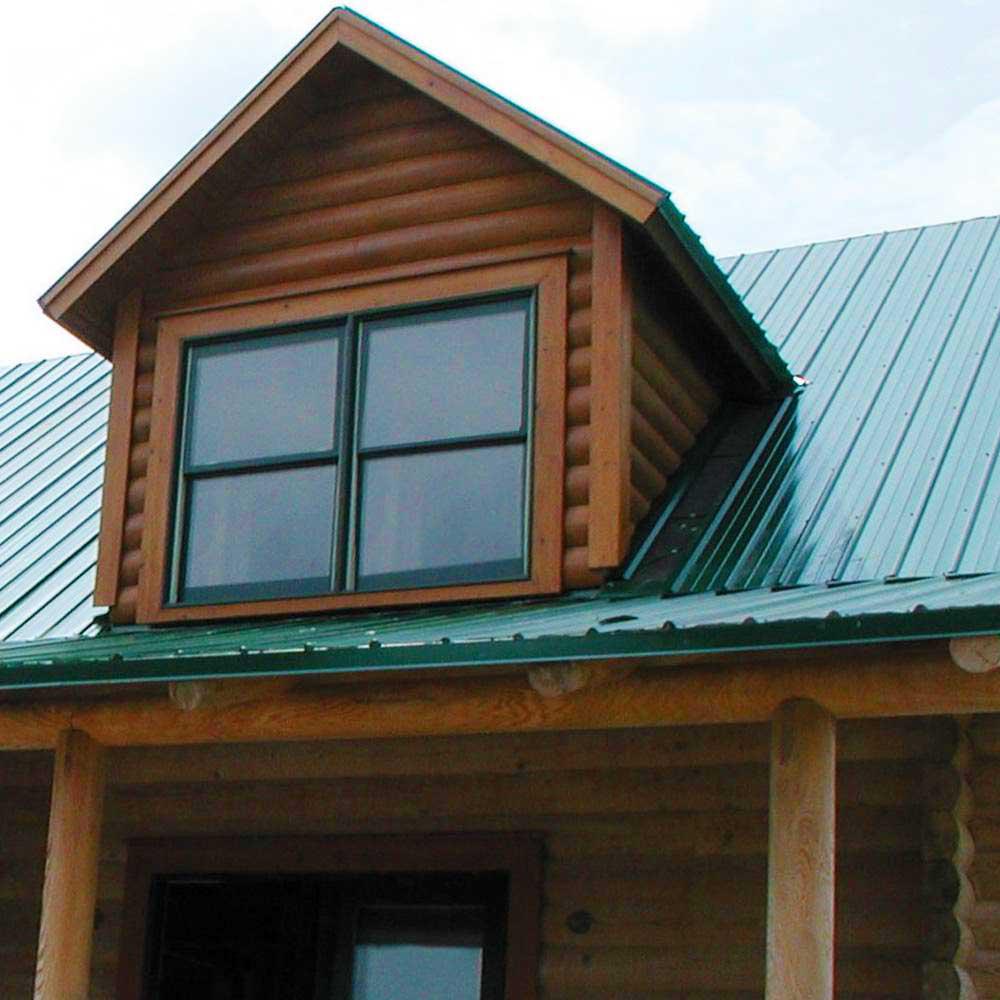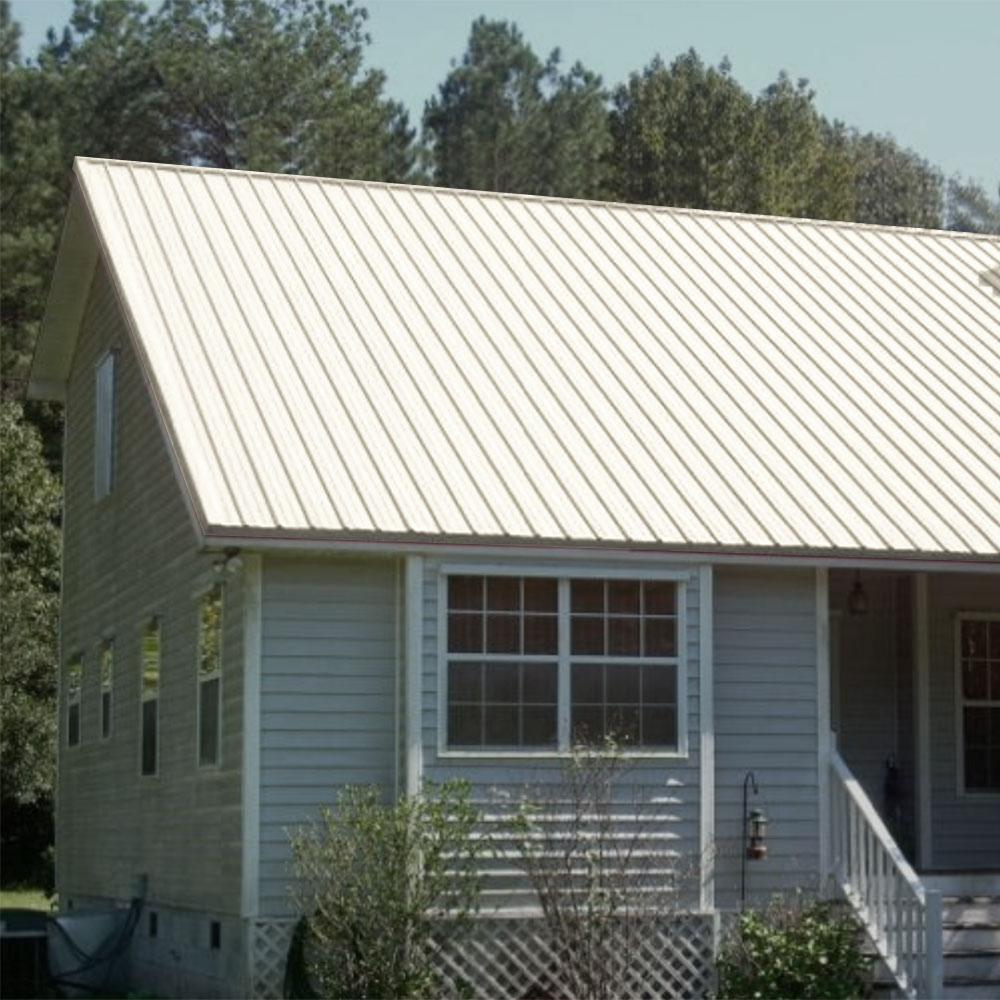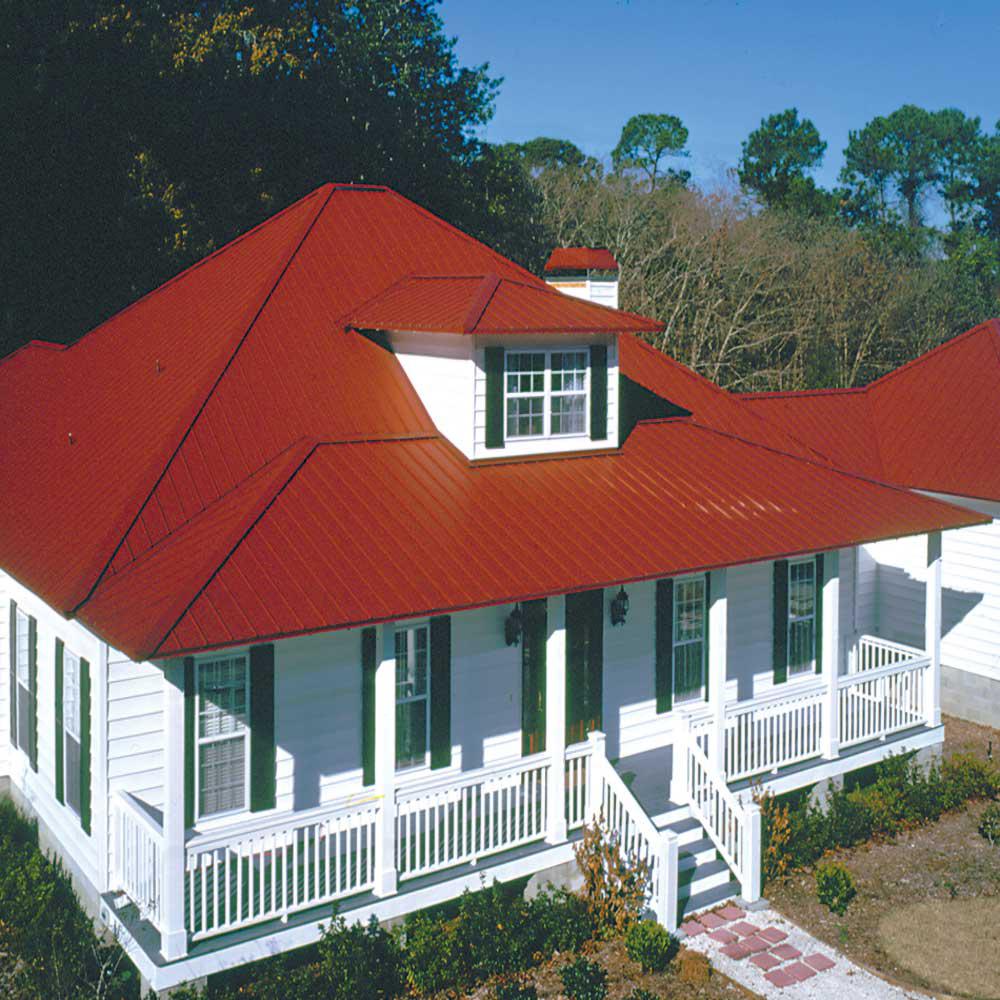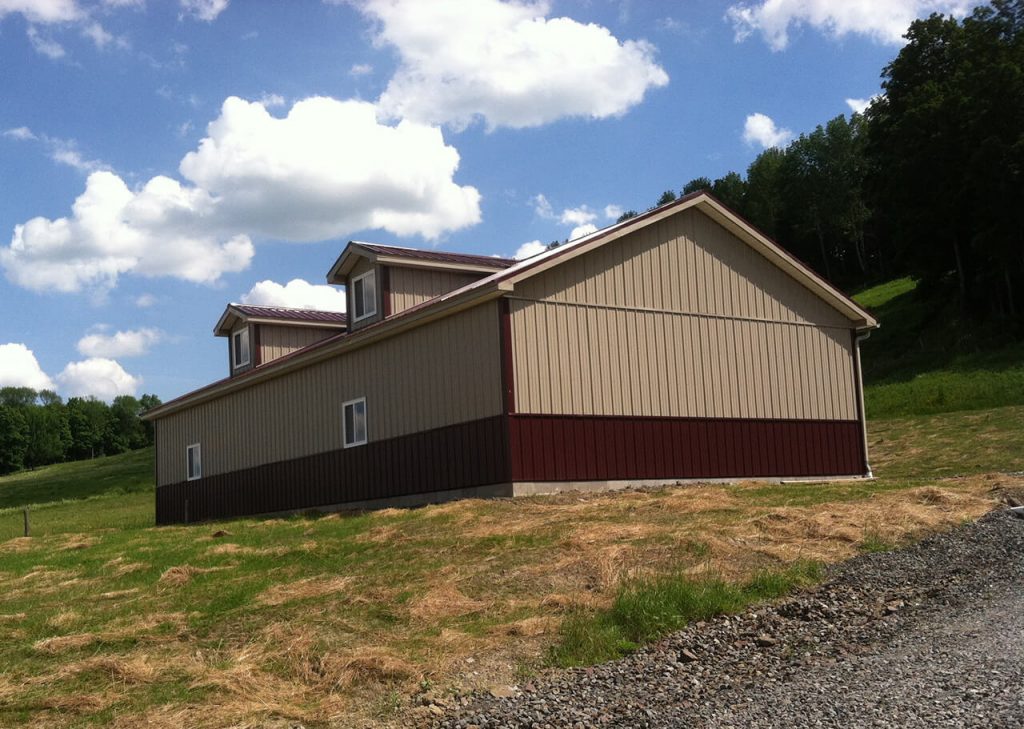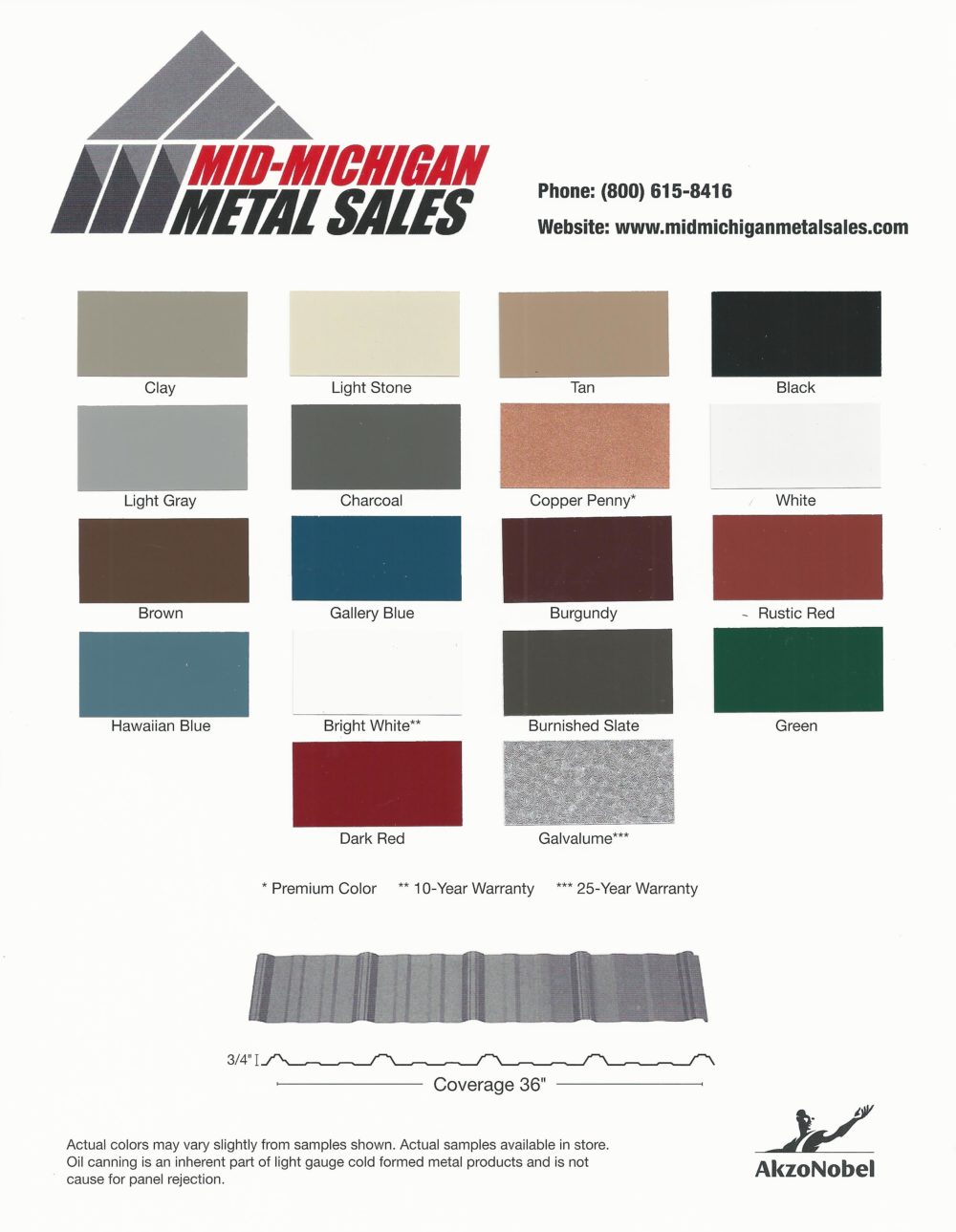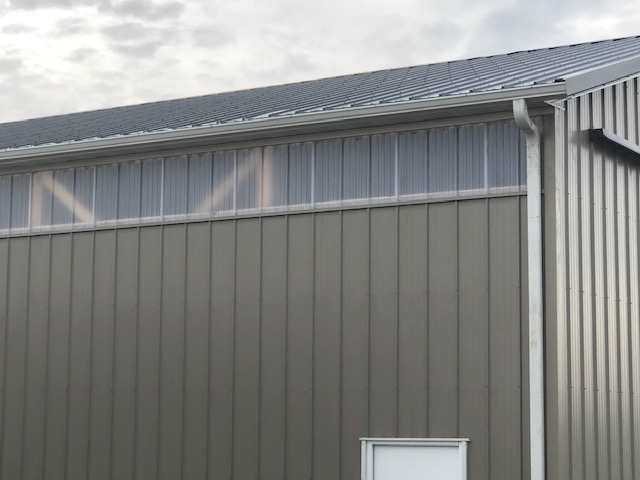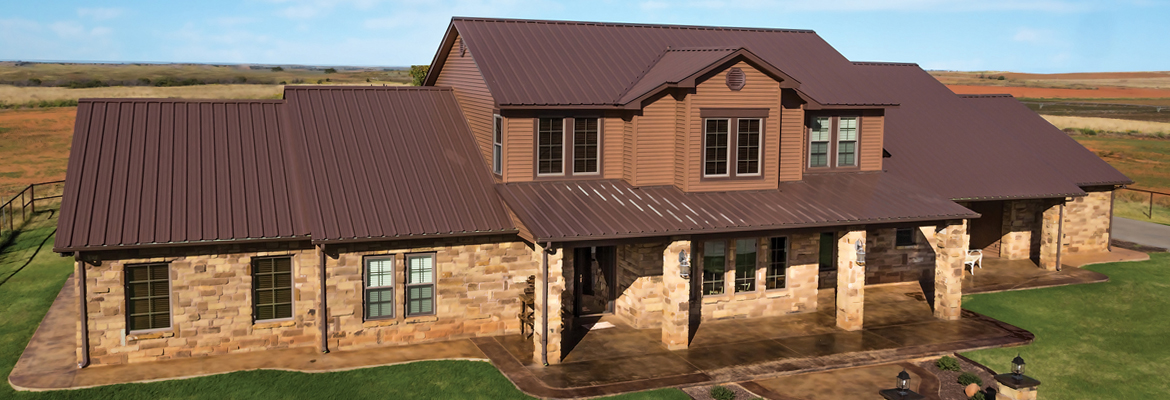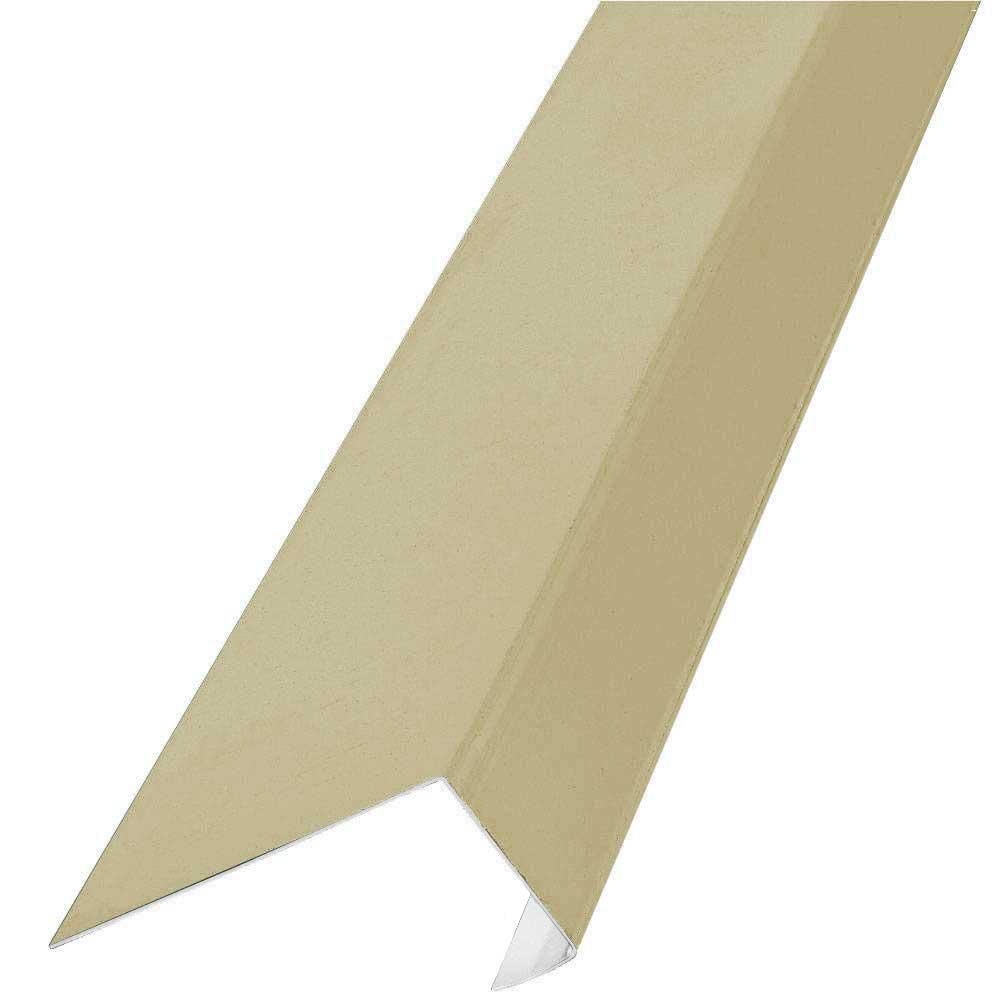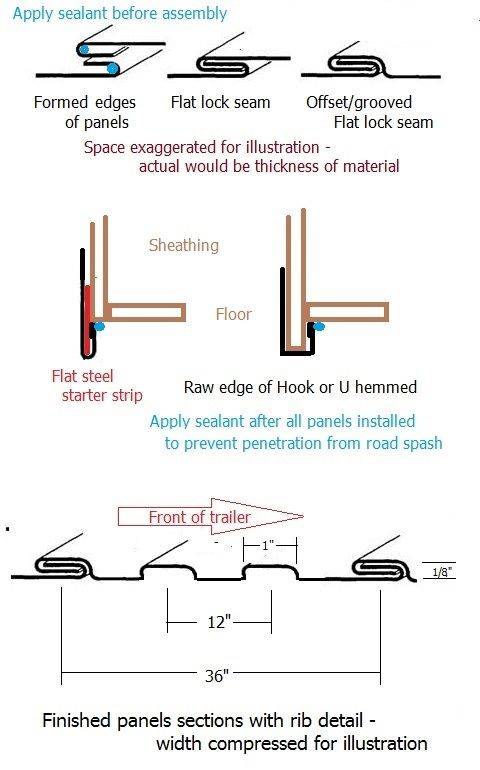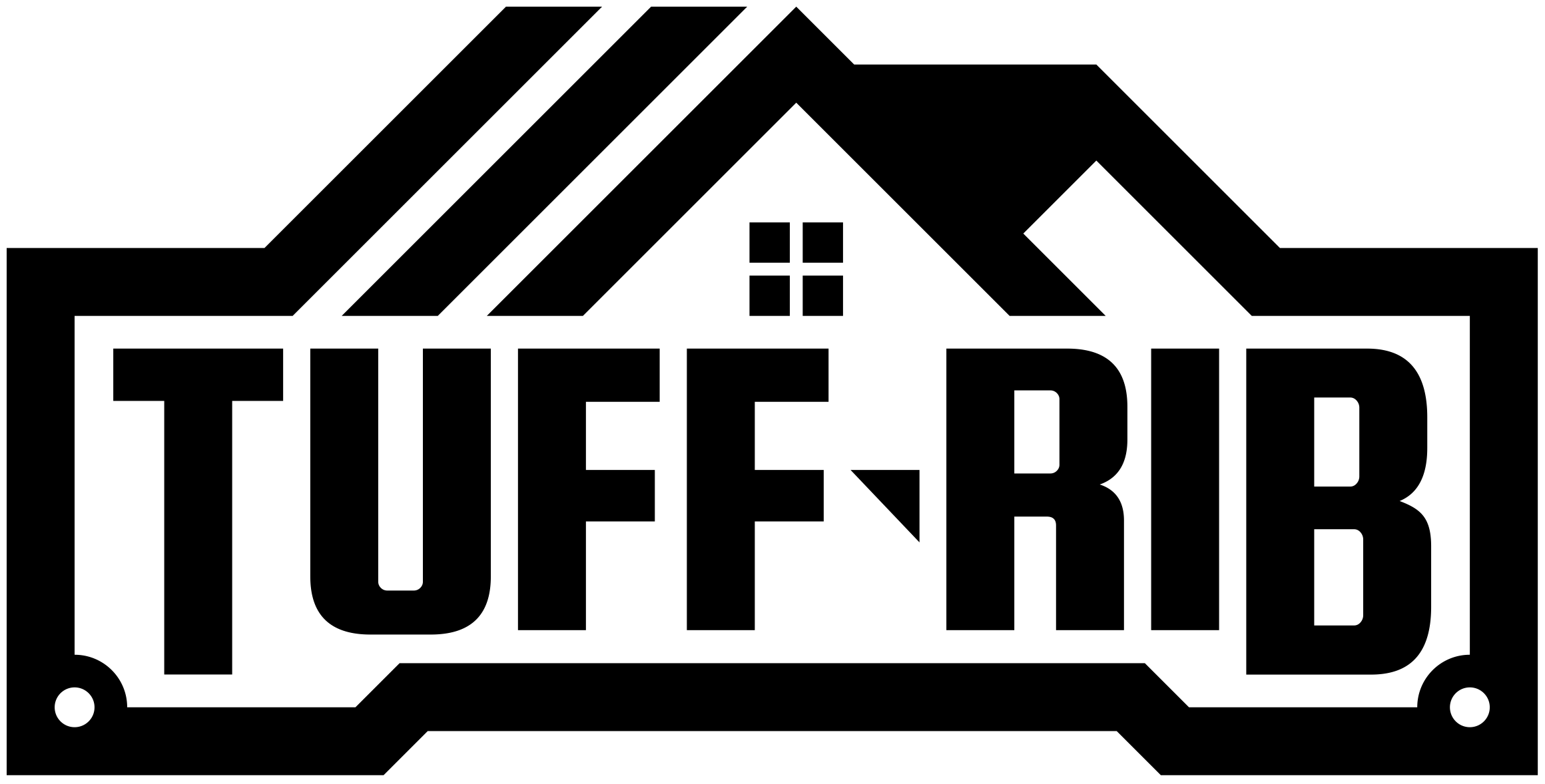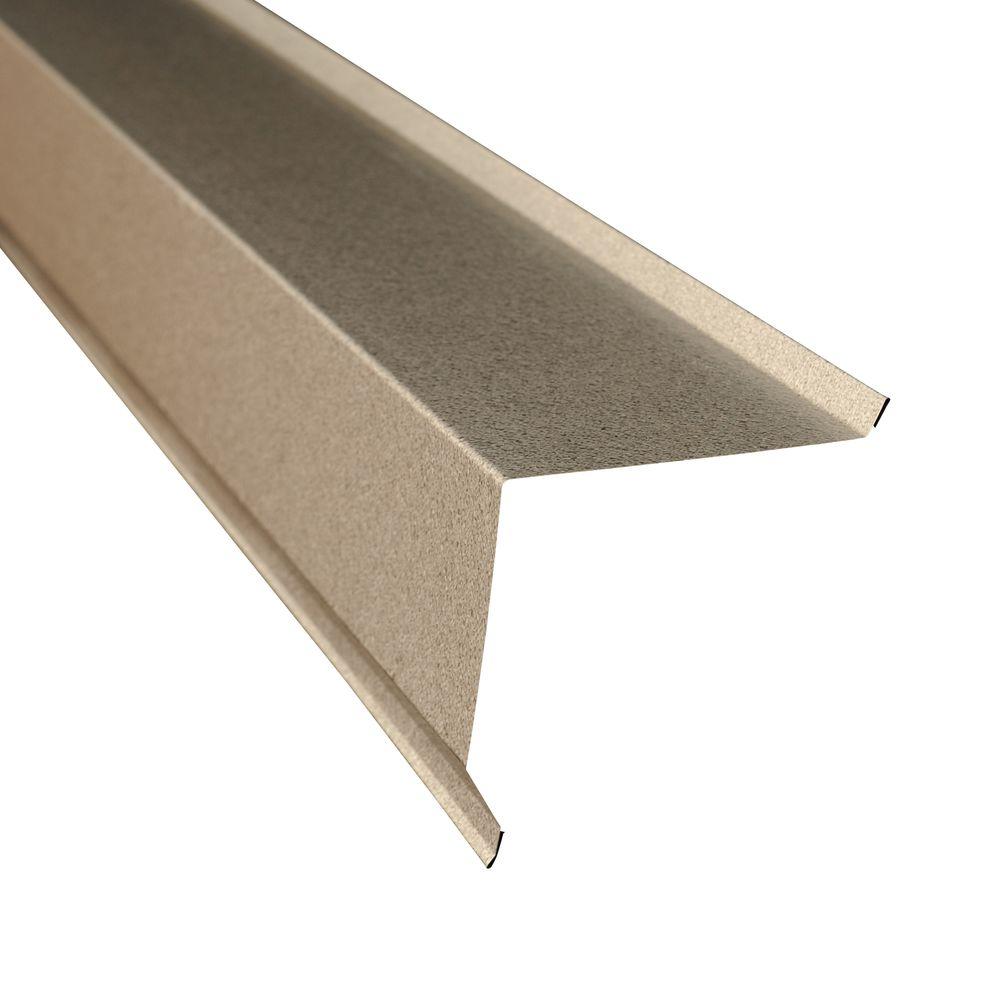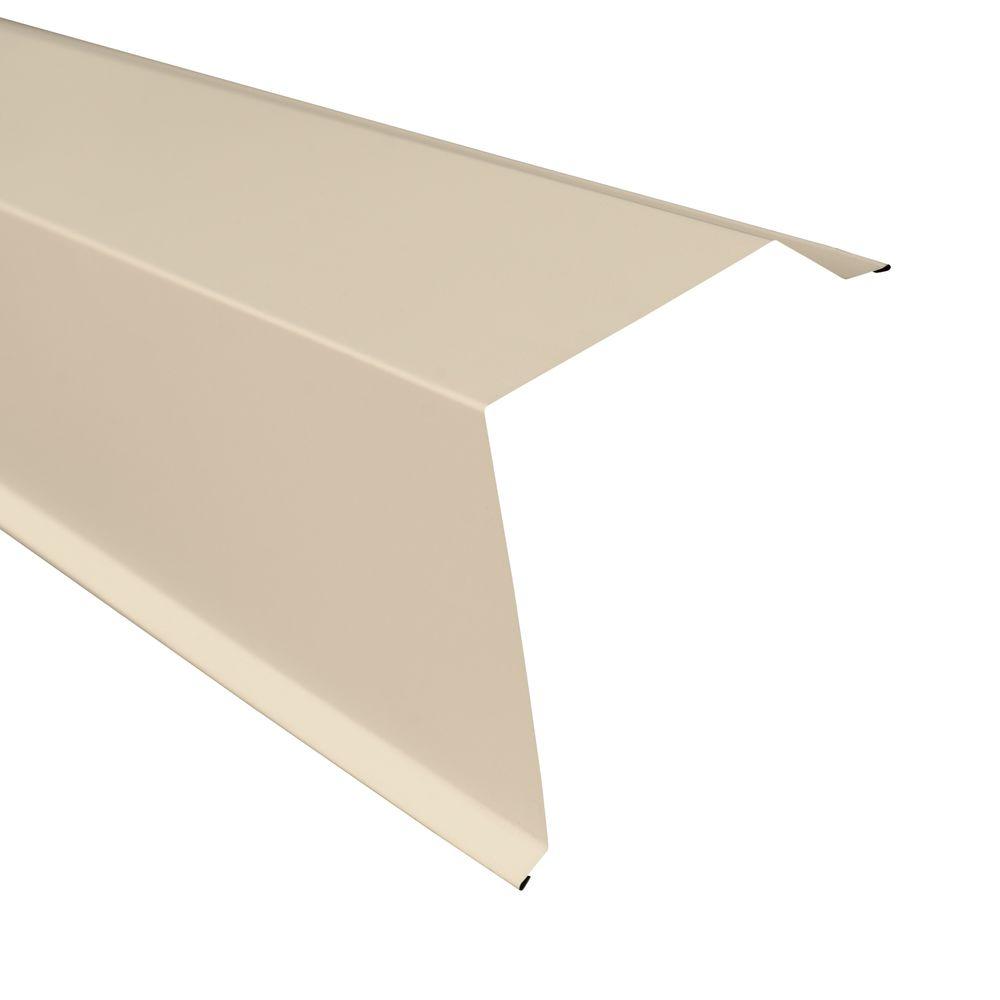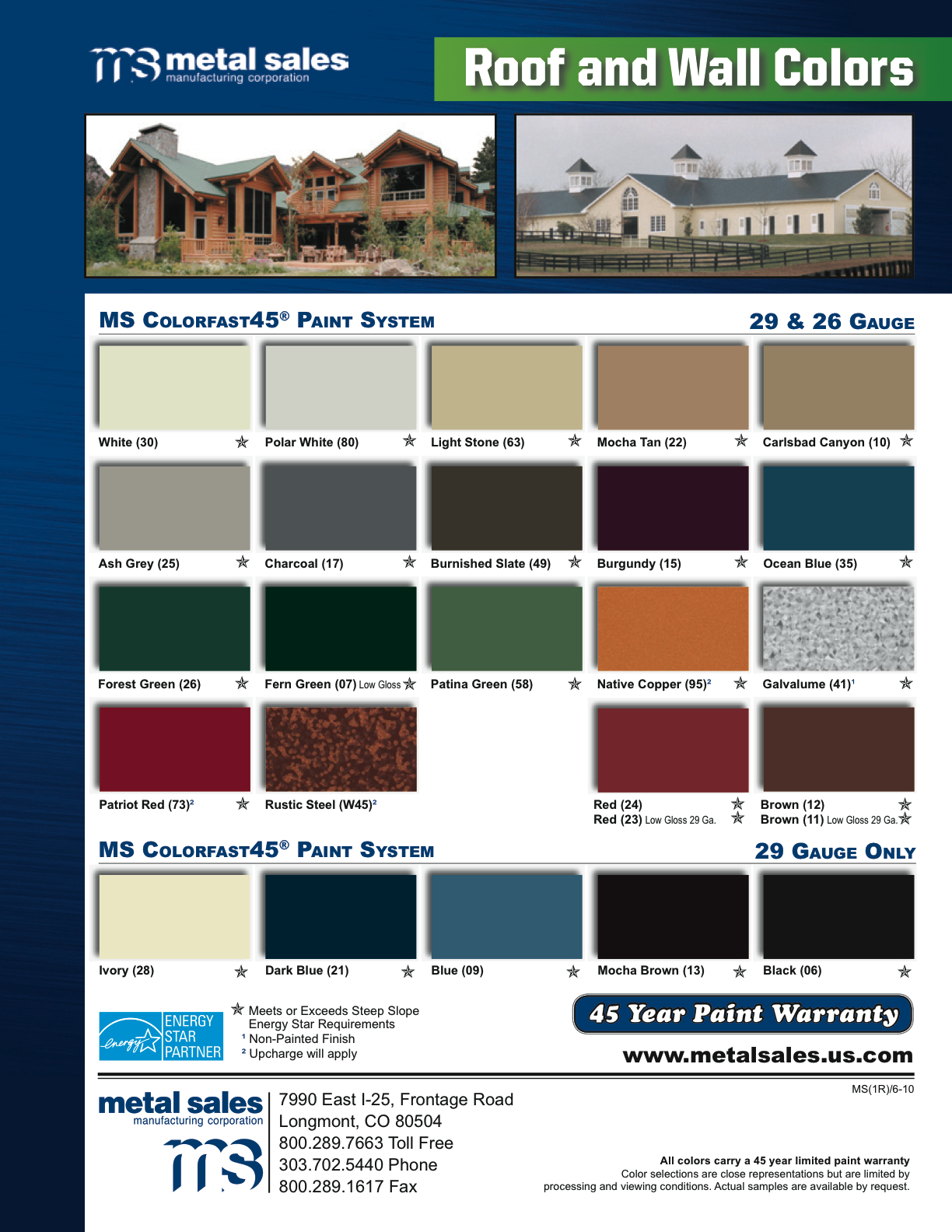29 Gauge Steel Siding Thickness
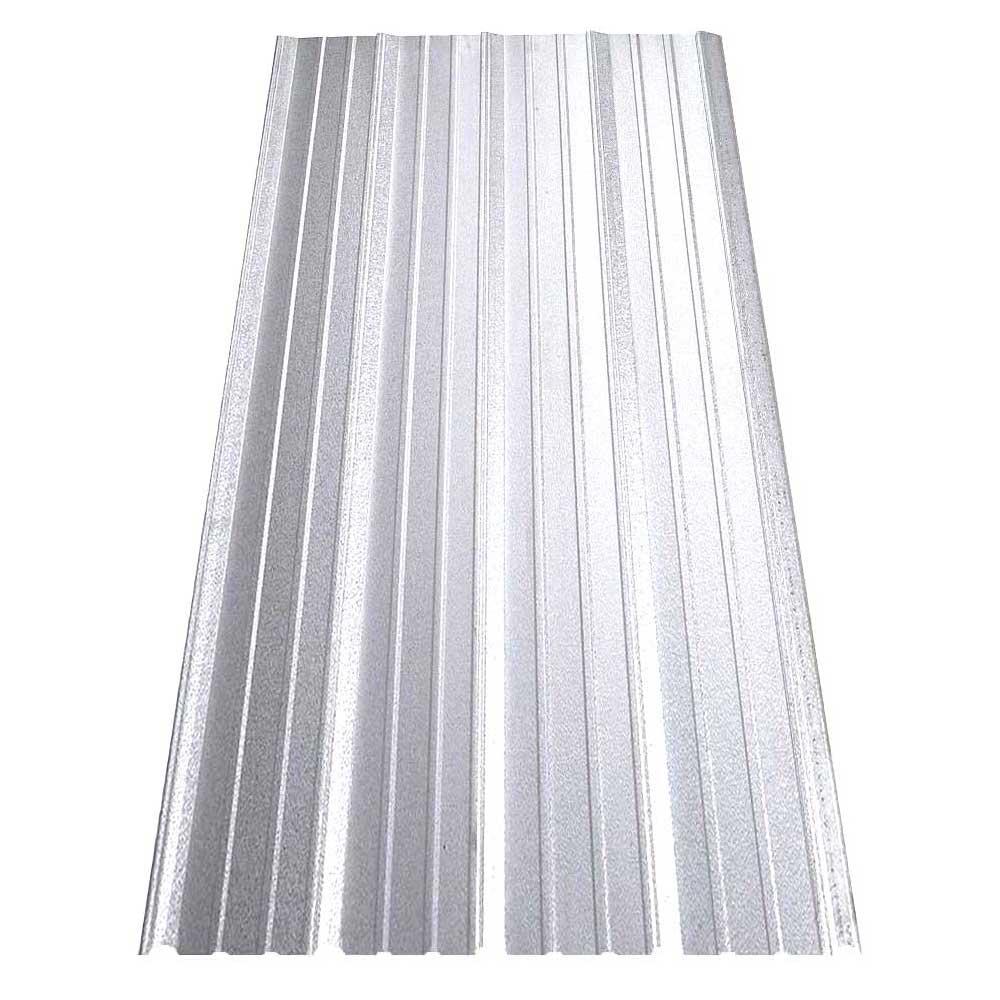
Roof coverage or 24 in.
29 gauge steel siding thickness. 26 gauge steel will have an average thickness of 0217 of an inch with a minimum of 0187 of an inch and so on. 0 7 mm 0 8mm and 1 5 mm. Siding coverage cuts easily with standard tin snips. Florida building code approved steel panels are class 4 impact resistant including hail and wind blown debris sm rib panels are a good choice for the environment.
The american iron and steel institute aisi has set standards for steel gauge and metal thickness. Kynar aluminum for metal roofing. Coverage for roofing or siding. For example standard 29 gauge steel roofing made in long panels is about 0 36 millimeters thick and the 26 gauge version is slightly thicker at 0 48 millimeters.
Most metal roof and wall panels on the market are between 22 29 gauge with 20 gauge being the thickest and 29 gauge being the thinnest panels sold. Each gauge represents a nominal decimal range. Metal tips steel thickness chart the charts that follow illustrates the tolerance variation for galvanized hot rolled and cold rolled steel. 0 027 or 0 032 for seamless gutters and any other thickness for custom gutters.
So for example 28 gauge steel should have an average thickness of 0187 of an inch but cannot be less than 0157 of an inch. 28 gauge steel has an average thickness of 0187 minimum 0157 and 26 gauge is 0217 minimum 0187. Corrugated panels are a good choice for the environment. 29 gauge steel the standard in the post frame industry has an average thickness of 0172 of an inch with a minimum of 0142.
After a long service life they are still 100 recyclable 29 gauge thickness recommended for roof slopes of 3 12 pitch or greater 36 in. Kynar galvalume steel for metal roofing and gutters. For example a 26 gauge steel panel can range between 0 0179 and 0 0217 inches thick according to a university of north carolina at chapel hill resource. 29 gauge panels are the thinnest so they tend to be the cheapest for homeowners.
26 gauge 24 gauge 20 gauge 18 gauge 16 gauge 14 gauge 1 8 and 1 4. The gauge of a metal roof refers to its thickness and the higher the gauge the thinner the metal. Some steel shingles and tiles have a baked on granular coating that adds to their thickness and the mra notes that those products are usually made from 26 gauge steel. Gauge refers to the thickness of the panel and is represented in number form.
The american iron and steel institute aisi publishes the accepted measurement standards for steel thickness. After a long service life corrugated panels are still 100 recyclable 29 gauge thickness recommended for roof slopes of 3 12 pitch or greater 21 1 2 in. The tolerance variation is directly related to and dependent on the specified width and thickness of the material to be roll formed. Houses don t typically need thicker panels so unless you live in an area that gets plenty of hailstorms throughout the year your best bet would probably be 29 gauge.
